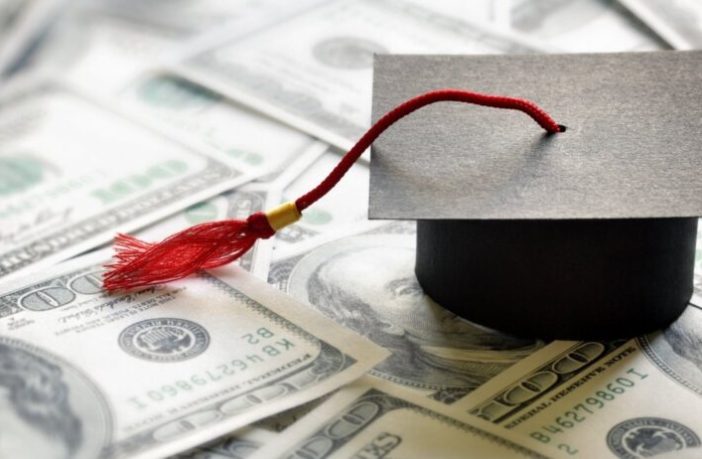By Julius Washington, Howard University News Service
Department of Education officials recently announced an overhaul of the federal government’s income-driven repayment plan to provide relief to Americans who have taken out federal student loans to pay for college.
The announcement comes after months of legal challenges against the department’s plan to forgive up to $20,000 in federal student loans for tens of millions of borrowers making less than $125,000 a year.
“The bottom line is this. We’re fixing a broken student loan system,” Secretary Miguel Cardona said. “We’re changing the culture that higher education is unaffordable in America, especially for Black and brown and other underserved students.”
Over eight million borrowers are already enrolled in an income-driven repayment program, and more could be expected to join the program when the new plan is enacted later this year. The new income-directed repayment program will continue to apply only to direct loans, not parent PLUS loans.
The plan consists of a pair of actions designed to reform the federal student loan system. The first action creates what officials are calling “a true student loan safety net” for low-income borrowers.
The new safety net exempts single borrowers from having to make payments on student loans if they make under $30,600 a year, up from $20,400. The exemption is pegged to the national poverty line, increasing to 225 percent of the line from 150 percent and increasing according to family size.
The safety net would also cut payments for undergraduate borrowers in half, from 10 percent of a borrower’s income above the exemption threshold, down to 5 percent; stop charging unpaid monthly interest; and continue to forgive all loans after 20 years of repayment, with smaller borrowers now being able to take advantage of 10-year repayment plans.
Borrowers with both undergraduate and graduate debt would pay between 5 percent and 10 percent of their income based on a weighted average of their balance.
Under Secretary for Education James Kvaal highlighted the benefits that the most burdened borrowers would receive from the changes.
“If they’re finalized in the current form, these proposals will help both existing borrowers and future ones, and they’ll make a particularly big difference for our lowest income borrowers whose payments per dollar borrowed would fall by 83 cents,” Kvaal said.
The plan’s second action also authorizes the Department of Education to publish a list of the schools that leave borrowers more unable to repay their loans and ask colleges to create improvement plans while also considering the implementation of regulatory actions to warn students about these institutions.
“It’s time to name names about these programs and have a frank conversation about the root causes of unaffordable student debt,” Kvaal said.
Critics of similar plans have cited excessive costs to taxpayers and alleged that without tight controls on who receives aid, most of the benefits would flow to the affluent.
A senior administration official defended the proposals, calling the aid “highly targeted” and said that past predictions about generous loan forgiveness causing reckless spending had not come to pass.
The new policy will be open for public comment within 30 days at the Department of Education’s website before moving towards final implementation.
Help us Continue to tell OUR Story and join the AFRO family as a member –subscribers are now members! Join here!



